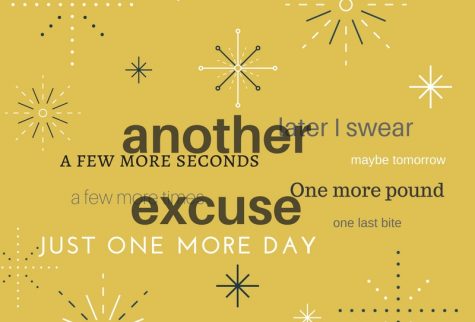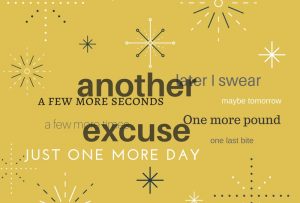History Behind New Year’s Resolutions
PHOTO Siera Cleveland
January 6, 2023
A New Year’s Resolution is a promise that most people make to start doing something good or stop doing something bad on the first day of the year. But many years ago it wasn’t the same as today.
According to History.com, the ancient Babylonians are said to have been the first people to make New Year’s resolutions some 4,000 years ago. They were also the first to hold recorded celebrations in honor of the new year—though for them the year began not in January, but in mid-March when the crops were planted. During a massive 12-day religious festival known as Akitu, the Babylonians crowned a new king or reaffirmed their loyalty to the reigning king.
A similar practice occurred in ancient Rome, after the reform-minded emperor Julius Caesar tinkered with the calendar and established Jan. 1 as the beginning of the new year circa 46 B.C. January had special significance for the Romans. Believing that Janus symbolically looked backwards into the previous year and ahead into the future, the Romans offered sacrifices to the deity and made promises of good conduct for the coming year, according to History Stories.
Almanac.com states that New Year’s resolutions were also made in the Middle Ages. Medieval knights would renew their vow to chivalry by placing their hands on a peacock. The annual “Peacock Vow” would take place at the end of the year, as a resolution to maintain their knightly values.
According to Almanac.com, a Boston newspaper from 1813 featured the first recorded use of the phrase “New Year resolution.” The article states, “And yet, I believe there are multitudes of people, accustomed to receive injunctions of new year resolutions, who will sin all the month of December, with a serious determination of beginning the new year with new resolutions and new behavior, and with the full belief that they shall thus expiate and wipe away all their former faults.”
Now, people from all over the world make resolutions, whether they are worshiping a god or just want to get better grades in school. New Year’s resolutions were so common that people found humor in the idea of making and breaking their pledges. Most people focus on self improvement, Which may explain why many people can’t follow up on their resolutions.














